After collecting four consecutive wins for the first time since 2019, St Johnstone were made to taste defeat at Kilmarnock.
It was a thoroughly deserved victory for the home side, whose in-your-face approach unsettled a Saints team peppered with new faces.
Relegation rivals Ross County’s victory at Motherwell saw them stretch their lead over the Perth side to eight points, while Dundee, six points ahead, slumped into 11th place.
By 5:50pm on March 1, Saints will have faced the Staggies AND the Dark Blues (plus Hearts) in contests that ought to shed light, for better or worse, on how the rest of the season will play out.
So what can Simo Valakari’s side take from their Rugby Park humbling, ahead of a potentially campaign-defining two weeks?
Under pressure
Under Valakari, St Johnstone have sought to control the ball as a means to control their opposition.
In Ayrshire, Derek McInnes sent his Kilmarnock side out with a clear mission – to deny their visitors the opportunity.
Killie pressed aggressively from the first whistle, chasing down and snapping at heels deep into the Saints half.
It was an approach that prevented the Perth side from recycling the ball in their own half while resetting as a team for an attacking phase of play, and forced them to go more direct than usual, particularly early on.
Given the number of new faces in the team, in retrospect, that’s perhaps unsurprising.
Playing calmly and purposely through a front-foot press like Kilmarnock’s is doubtless a tactic Valakari will want his players to employ.
But building the on-pitch rapport required to do it effectively, to the point where movements are fuelled by muscle memory rather than conscious effort, takes time.
That’s a luxury Saints are running out of.
Stephen Duke-McKenna: a man of his word
Speaking ahead of Saturday’s match, Duke-McKenna highlighted his desire for responsibility on the pitch, while insisting he’s not the type to give up when things go against him.
At Rugby Park, the on-loan Harrogate winger proved himself capable of shouldering the former and a man of his word on the latter.
His arrival onto the pitch as a 23rd minute substitute for Victor Griffith, who picked up an ankle injury after an awkward fall, coincided with a notable shift in the pattern of the game.
Yes, one of the manager’s usually very effective tactical tweaks played its part also.
But having struggled for an out ball with Killie’s press bearing down on them, defenders (sometimes via deep-lying midfielders) suddenly had an option out wide.
Duke-McKenna’s willingness to take on his full-back added a new dimension to Saints’ game and gave the Rugby Park defence something to be aware of.
His pace, trickery and confidence makes him the type of player opposition teams will double-up on.
That may make life harder for the man himself, but it also ought to leave gaps for team-mates to exploit.
After just two appearances, it seems obvious that Duke-McKenna will have a key role to play between now and the end of the season.
Wins and favours required
Levels of hope amongst the Saints support have fluctuated wildly in recent weeks.
From viewing Premiership safety as something approaching a lost cause at the tail end of the festive season, wins over Motherwell and St Mirren in the league (plus the Well and Hamilton Accies in the Cup) fuelled a genuine sense of belief in the stands.
Losing to Kilmarnock hasn’t killed that off.
But the reality of the situation is that every round of fixtures now carries serious significance.
Saints currently sit six points behind Dundee, with a game against them at Dens Park to come in two weeks.
That’s after County (eight points ahead) and Hearts (nine points) visit McDiarmid Park.
If everything goes wrong between now and then, Saints could be 12 points behind the Dark Blues by the time the teams meet.
They could also be level on points if they do their bit and other teams do them a favour.
However, all the Perth side can control is their own contribution to this huge run of fixtures – and that must be the focus.
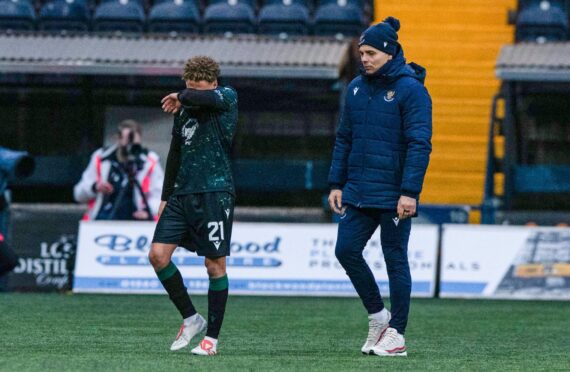
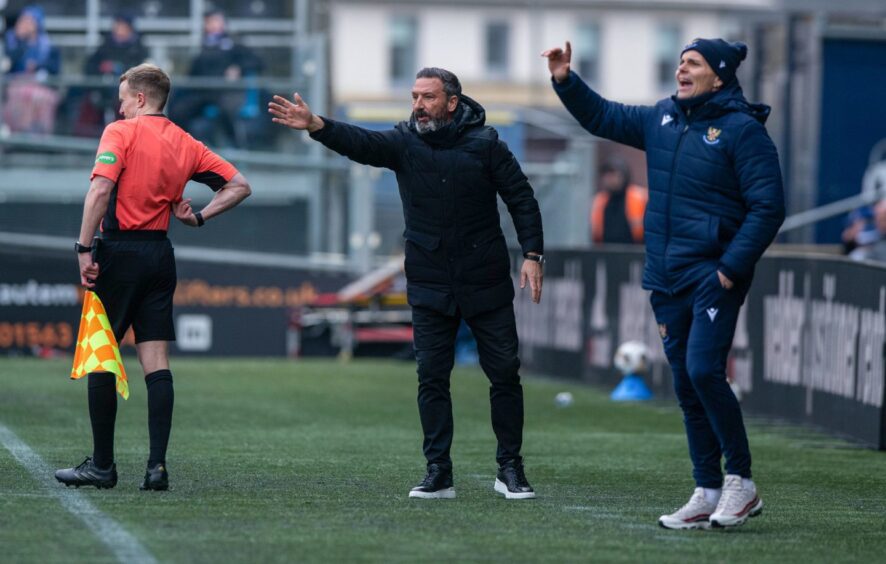

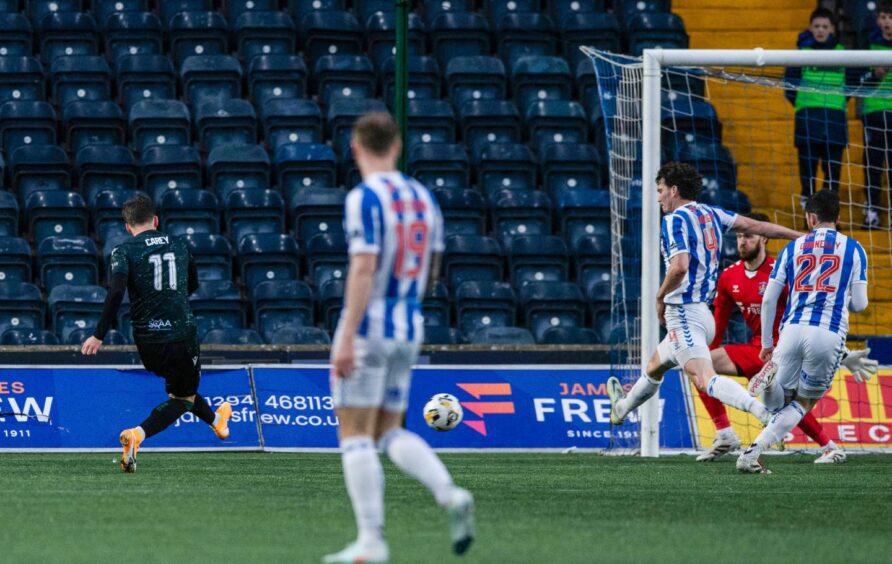
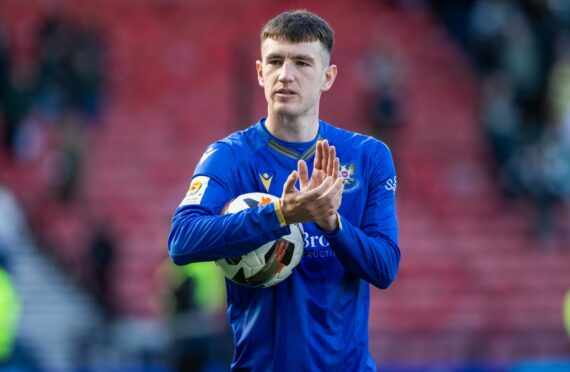


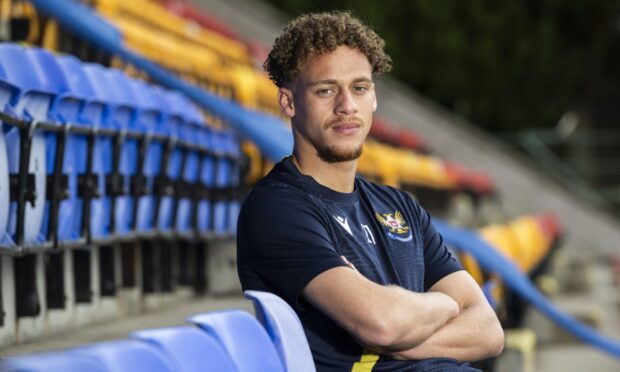
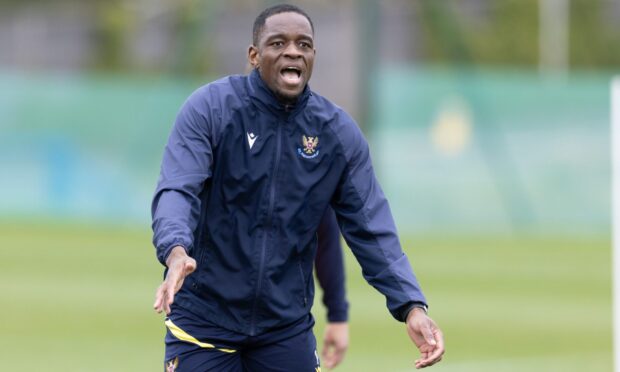
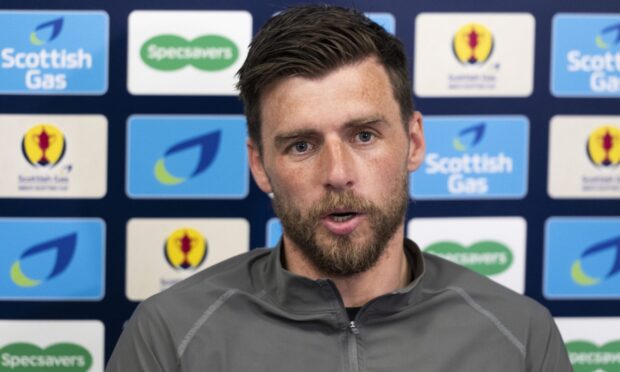
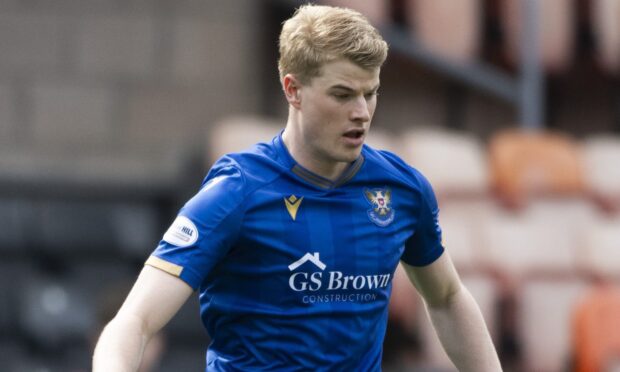
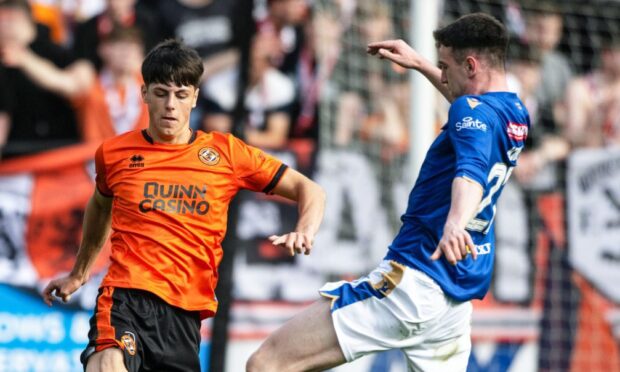
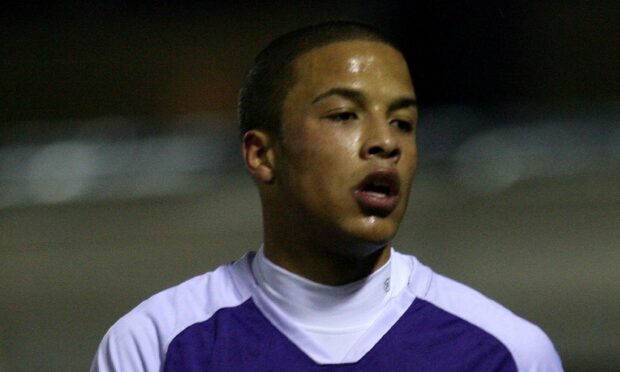
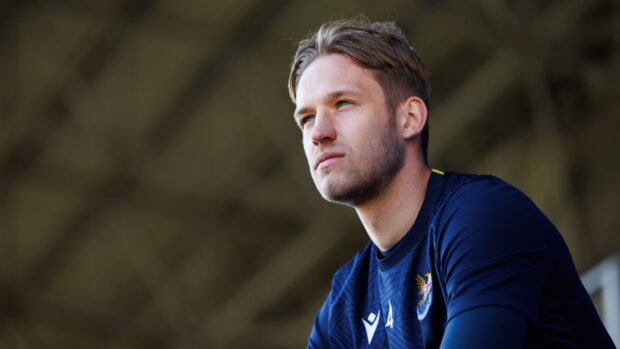
Conversation